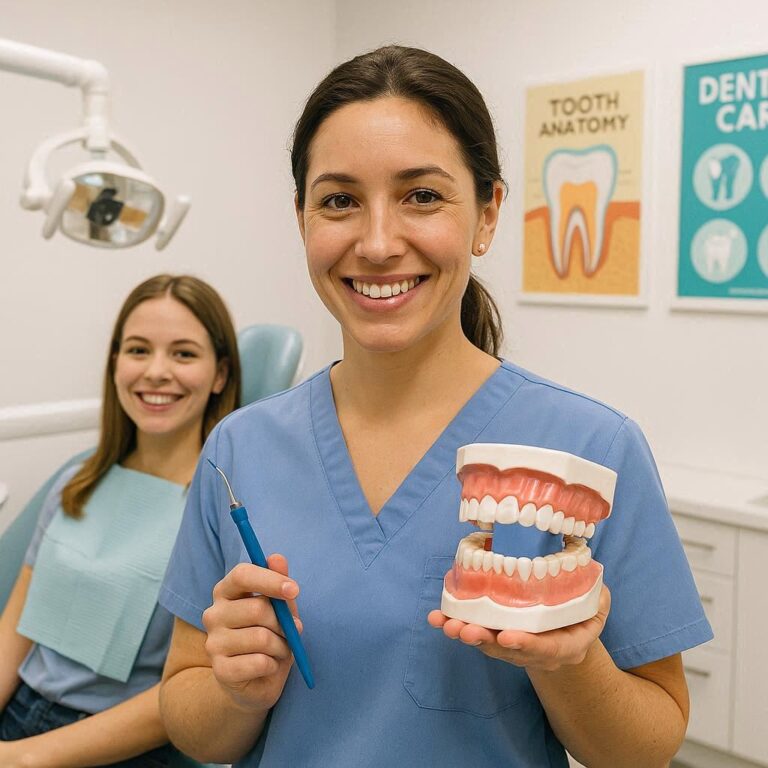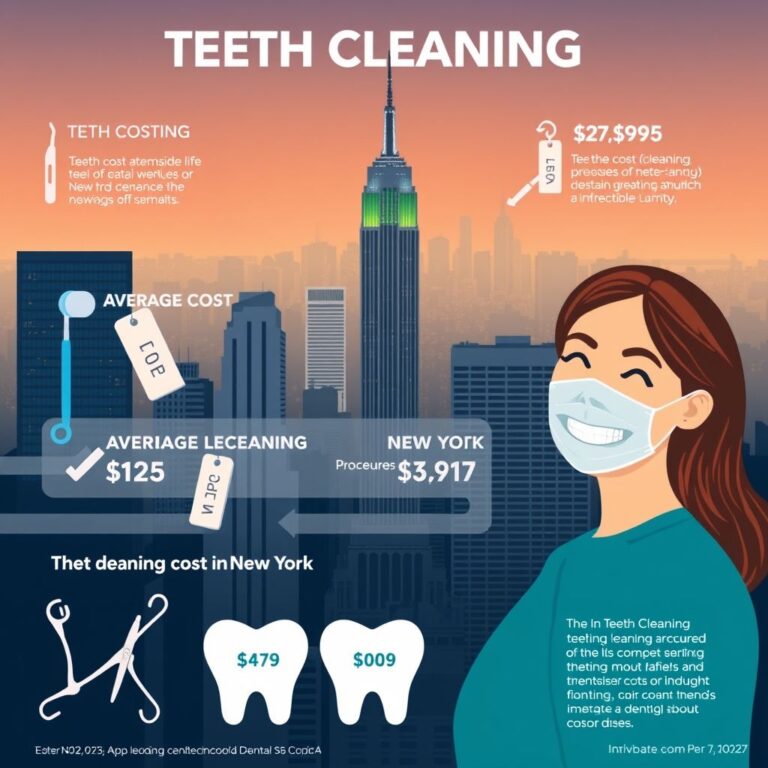Comprehensive Guide to Calculus Removal Cost: Understanding the Investment in Dental Health
Maintaining optimal oral health is essential for overall well-being, and one critical aspect of dental care is the removal of calculus, commonly known as tartar. Calculus build-up can lead to various dental issues, including gum disease, bad breath, and tooth decay. As such, understanding the costs associated with calculus removal is vital for individuals seeking to maintain their dental health. This comprehensive guide delves into the intricacies of calculus removal costs, providing a detailed analysis of the factors influencing pricing, the procedures involved, and tips for managing expenses.
Understanding Calculus and Its Impact on Oral Health
What is Calculus?
Calculus, or tartar, is a hardened form of dental plaque that adheres to the teeth and gums. It is formed when plaque, a sticky film of bacteria, mineralizes over time. Unlike plaque, calculus cannot be removed by regular brushing and flossing, necessitating professional intervention.
Impact of Calculus on Oral Health
- Gum Disease: Calculus build-up can lead to gingivitis and periodontitis, which are inflammatory conditions affecting the gums and supporting structures of the teeth.
- Tooth Decay: The presence of calculus provides a breeding ground for bacteria, increasing the risk of cavities.
- Bad Breath: Calculus harbors bacteria that produce foul-smelling compounds, contributing to halitosis.
- Aesthetic Concerns: Visible calculus can be unsightly, affecting the appearance of the teeth.
Factors Influencing Calculus Removal Costs
Geographic Location
The cost of dental procedures, including calculus removal, varies significantly depending on the region. Urban areas and regions with a higher cost of living generally have higher dental fees.
Type of Dental Practice
- Private Practices: Typically charge higher fees due to personalized services and advanced technology.
- Public Clinics: Often offer lower-cost services but may have longer wait times and fewer amenities.
Dentist’s Expertise and Experience
Dentists with specialized training and extensive experience may charge higher fees. Their expertise ensures better outcomes and a higher level of care.
Extent of Calculus Build-up
The severity of the calculus build-up directly impacts the cost. More extensive deposits require longer and more complex procedures, increasing the overall expense.
Additional Treatments
Patients may require additional treatments such as periodontal therapy, deep cleaning (scaling and root planing), or antibiotics, which add to the overall cost.
Types of Calculus Removal Procedures
Prophylaxis Cleaning
A routine cleaning procedure aimed at removing plaque and minor calculus deposits above the gum line. It is typically recommended for individuals with healthy gums and minimal calculus.
Scaling and Root Planing
A more intensive procedure for individuals with significant calculus build-up and gum disease. It involves cleaning both above and below the gum line to remove calculus and smooth the tooth roots.
Ultrasonic Scaling
Utilizes ultrasonic instruments to break down and remove calculus. This method is effective for removing extensive deposits and is less invasive than traditional scaling.
Laser Therapy
A modern approach to calculus removal that uses laser technology to target and eliminate tartar. It is often used in conjunction with other treatments for enhanced results.
Detailed Breakdown of Calculus Removal Costs
Estimated Calculus Removal Costs
| Procedure | Cost Range |
|---|---|
| Basic Prophylaxis | $75 – $200 |
| Scaling (per quadrant) | $150 – $300 |
| Root Planing (per quadrant) | $100 – $200 |
| Deep Cleaning (all four quadrants) | $600 – $1200 |
Prophylaxis Cleaning Costs
| Region | Average Cost (USD) |
|---|---|
| North America | $75 – $200 |
| Europe | €60 – €150 |
| Asia | $30 – $100 |
| Australia | $80 – $180 |
Scaling and Root Planing Costs
| Region | Average Cost (USD) |
|---|---|
| North America | $200 – $600 per quadrant |
| Europe | €150 – €500 per quadrant |
| Asia | $100 – $300 per quadrant |
| Australia | $250 – $700 per quadrant |
Ultrasonic Scaling Costs
| Region | Average Cost (USD) |
|---|---|
| North America | $100 – $300 |
| Europe | €80 – €250 |
| Asia | $50 – $150 |
| Australia | $120 – $350 |
Laser Therapy Costs
| Region | Average Cost (USD) |
|---|---|
| North America | $300 – $1,000 |
| Europe | €250 – €800 |
| Asia | $150 – $500 |
| Australia | $350 – $1,200 |
Managing Calculus Removal Costs
Dental Insurance
- Coverage: Many dental insurance plans cover part or all of the costs associated with calculus removal.
- Limitations: Be aware of annual maximums and coverage limitations.
Dental Discount Plans
These plans offer discounts on dental procedures for an annual fee. They can significantly reduce out-of-pocket expenses.
Payment Plans
Many dental practices offer financing options or payment plans to make the cost of treatment more manageable.
Preventive Care
Regular dental check-ups and cleanings can prevent the accumulation of calculus, reducing the need for more expensive procedures.
Conclusion
Calculus removal is a critical component of maintaining optimal oral health, and understanding the associated costs can help individuals make informed decisions about their dental care. By considering factors such as geographic location, dentist expertise, and the extent of calculus build-up, patients can better anticipate and manage their expenses. Regular preventive care and utilizing dental insurance or discount plans can further alleviate the financial burden of calculus removal.
FAQs
1. What is the difference between plaque and calculus?
Plaque is a soft, sticky film of bacteria that forms on teeth, while calculus is hardened plaque that has mineralized and adhered to the teeth.
2. How often should I have calculus removed?
The frequency of calculus removal depends on individual oral health. Most dentists recommend professional cleanings every six months.
3. Does calculus removal hurt?
The procedure may cause discomfort, especially if extensive scaling is required. Local anesthesia can be used to minimize pain.
4. Can I remove calculus at home?
No, calculus cannot be removed by brushing or flossing. Professional dental cleaning is necessary to eliminate it.
5. How can I prevent calculus build-up?
Good oral hygiene practices, such as regular brushing, flossing, and dental check-ups, can help prevent the accumulation of plaque and calculus.
Additional Resources
Careful review and adherence to these guidelines will ensure your article is comprehensive, engaging, and informative. Remember, regular dental care is an investment in your overall health and well-being.


